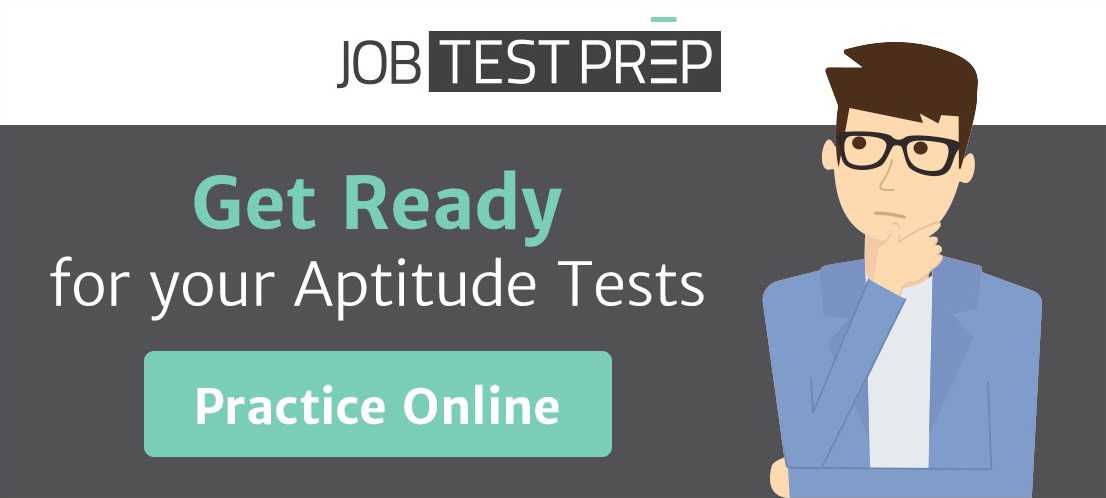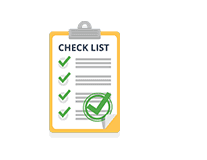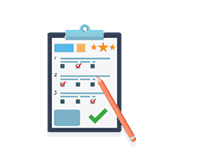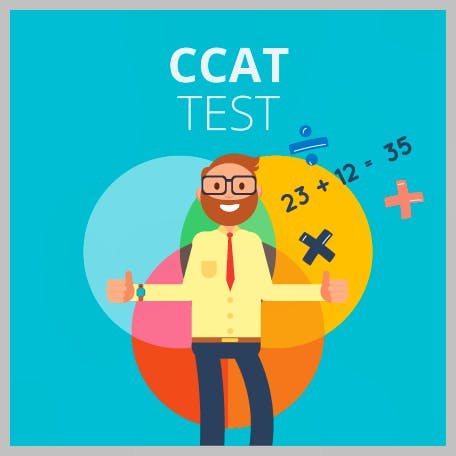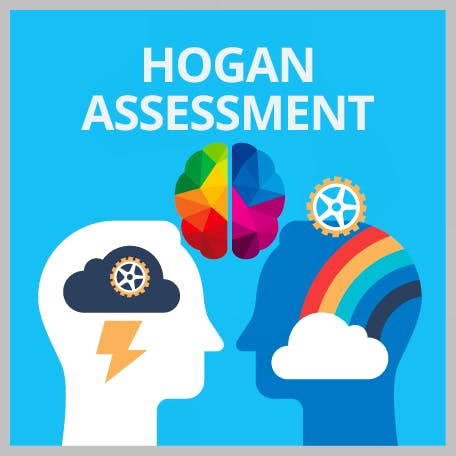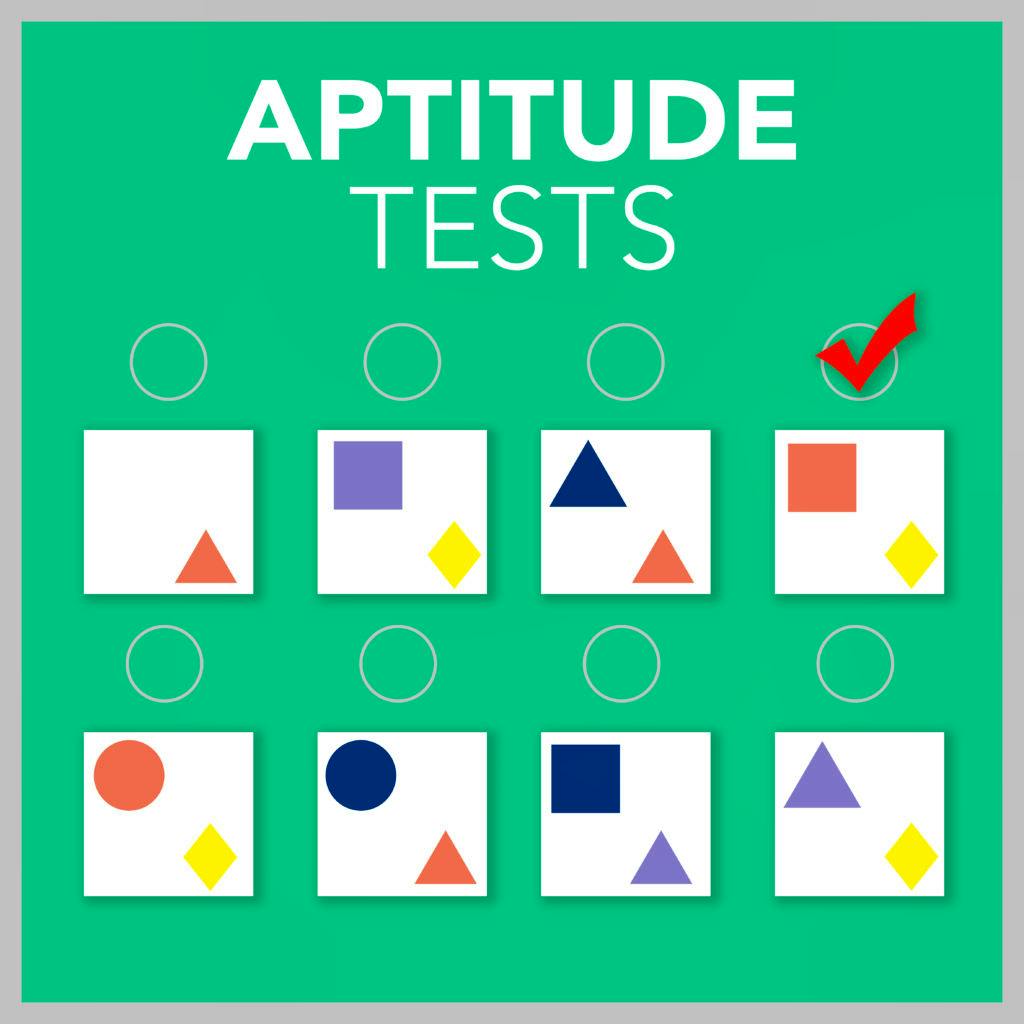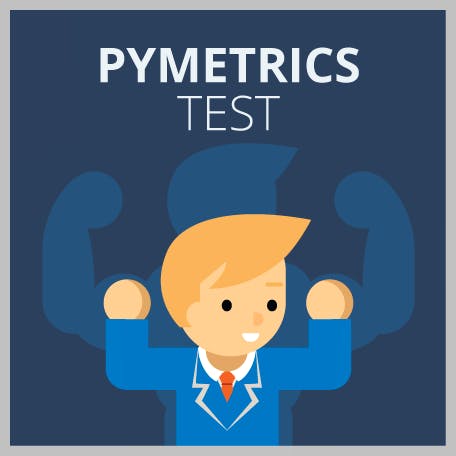A Guide to the PI Cognitive Assessment: and Tips
Updated November 18, 2023
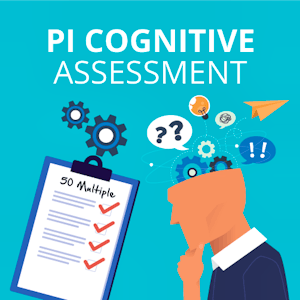

An employer’s recruitment process can include a wide range of assessments and interviews for the candidate to take that indicate to the employer how an individual might fare in the job.
One common way to measure job performance though is by getting candidates to take the PI Cognitive Assessment, which measures mental ability and critical thinking skills.
This article will look in detail at the assessment, its format, who uses it, example questions and PI Cognitive Assessment tips on how to be successful when taking it.
What Is a PI Cognitive Assessment?
This test, also commonly referred to as the Predictive Index Cognitive Assessment, was built and developed for use in the workplace when new or current employees are applying for a job role that requires high cognitive demand.
Its main aim is to measure how quickly an individual can be expected to learn, adapt and understand new things that they might be faced with at work.
High scores by individuals are not only advantageous in securing job roles but can help employees gain promotions, enhance starting salaries and secure pay rises.
This is exclusively a cognitive test to predict how the person will grasp new concepts. It does not assess the person’s general knowledge, IQ, previous skills and willingness to learn new things.
In 2010, there was an increased demand for employees to have access to a short cognitive assessment, so a test first created by the late Arnold S. Daniels in 1955 was developed in accordance with the Standards for Educational and Psychological Testing and Principles for the Validation and Use of Personnel Selection Procedures.
Now we have explored what the Predictive Index Cognitive Assessment is, let’s explore how it works.
How Does the PI Cognitive Assessment Work?
The 12-minute assessment consists of 50 multiple-choice questions.
The test is timed as being able to quickly complete tasks provides insight into areas of cognitive ability. Without a time deadline, the questions would be too easy.
The questions are chosen by the PI’s system to ensure each task is an equal level of difficulty and no questions are repeated within the assessment.
The questions are also selected to test the person’s cognitive abilities through three categories.
These are:
- Verbal
- Numerical
- Abstract (or non-verbal) reasoning
These cover areas such as critical thinking, understanding instructions and executing them, and quickly deciphering graphs and charts.
As with many of the common assessments, there are example questions and PI Cognitive Assessment practice test options online for individuals to use for preparation.
PI Cognitive Assessment Questions and Answers
There are many examples online of the PI Cognitive Assessment questions and answers that are asked in each section. We have detailed some below.
Verbal Reasoning
This section has question types including ones on analogies, formal logic and antonyms.
What is the opposite of the word ‘consequential’?
a) Trivial
b) Significant
c) Volatile
d) Concomitant
Four students took a 50-question test. Three of their scores were 28, 26 and 30, with the average of all four being 30.
What was the score of the fourth student?
a) 36
b) 30
c) 34
d) 40
e) 32
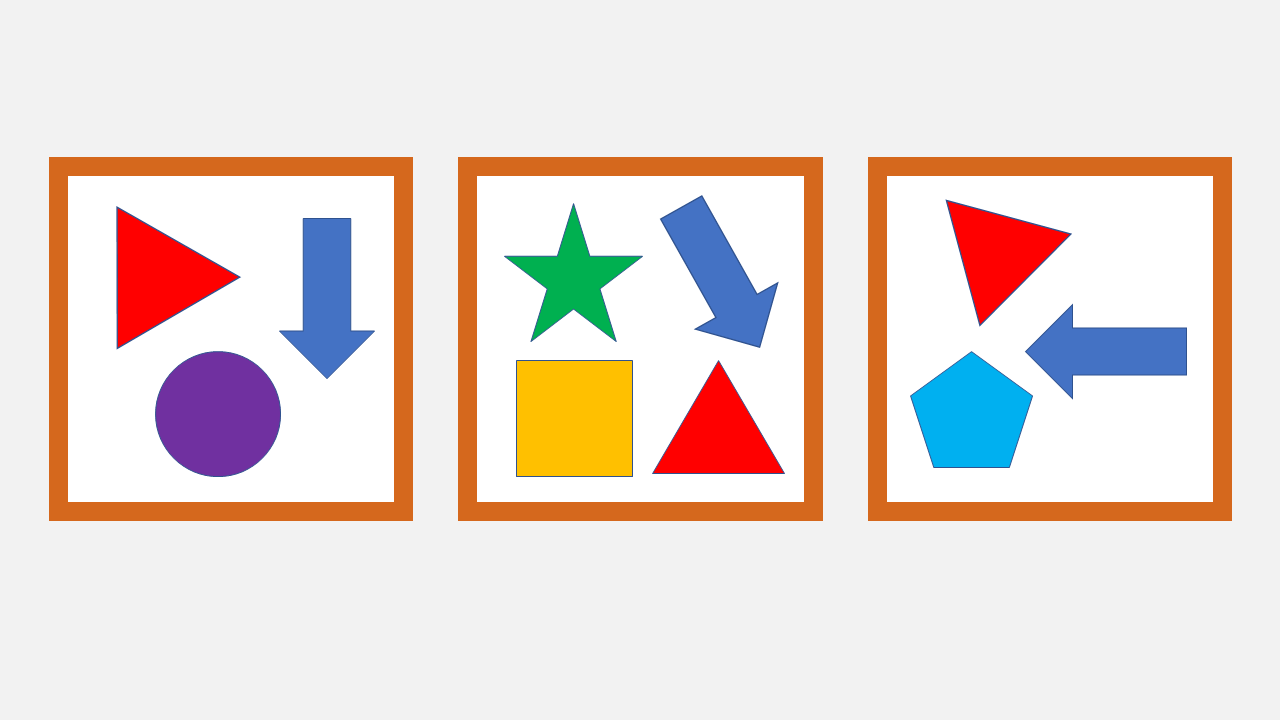
Which of the shapes in the three boxes does not share the common feature that the rest of them do?
a) Square
b) Circle
c) Star
d) Arrow
e) Hexagon

If you need to prepare for a number of different employment tests and want to outsmart the competition, choose a Premium Membership from JobTestPrep.
You will get access to three PrepPacks of your choice, from a database that covers all the major test providers and employers and tailored profession packs.
How to Prepare for the PI Cognitive Assessment
The example questions and answers included here give an indication of a few of the questions that might be asked, and can be instrumental in helping someone prepare for the PI Assessment.
There are some common PI Cognitive Assessment tips though that should be followed to enable the chances of a high score in the assessment.
Step 1. Taking Practice Tests Online
There are many online preparation and job sites that feature a paid-for or free PI Cognitive Assessment practice test. Try the ones on JobTestPrep.
These tests are timed and consist of a variety of questions that have been or could be asked.
Though it cannot be guaranteed what exact questions will be asked in the assessment, a Predictive Index Cognitive Assessment practice test will give you a chance to be tested within the relevant time frame and help you identify questions or sections that need more practice.
Step 2. Identifying Your Strengths and Weaknesses
One of the benefits of a Predictive Index Cognitive Assessment practice test is being able to identify strengths and weaknesses within the different areas or question types.
For areas where you struggle with certain questions, or take a long time to answer, you can then spend more time revising or learning about that topic.
For example, if you struggle with antonyms, reading English text books or doing online grammar quizzes will help.
Step 3. Learning to Extract Information Quickly
There are other fun quizzes and puzzles that can be used to practice the Predictive Index Cognitive Assessment. For example, you can use app games where you are presented with a few letters and have to make as many words out of them as possible.
The idea of doing this is that it will train your brain to learn and extract information quickly.
Step 4. Getting Enough Rest Before the Test
As always, getting plenty of rest the night before the test is crucial in helping the brain to work at full capacity.
Eating and drinking healthily are also a must.
Step 5. Understanding the Question Format
Through practicing the questions, you will get to understand the format of the questions. It is also a good idea to read up on how long you should spend on each question and section so you can prepare with these timings in mind.
The PI Cognitive Assessment is a cognitive test used to predict a person’s skills to learn, understand and execute new things that they may need to know for a job role.
The assessment does not measure IQ, general knowledge, previous learned skills and experience – it is focusing on their ability to grasp new concepts.
Also referred to as the Predictive Index Cognitive Assessment, it is used by employers to test a candidate or current employee for a new job position.
You can prepare for the PI Cognitive Assessment by doing timed practice assessments online. These will help you identify where your strengths are and where you need to revise.
It is also wise to know the format of questions and the different sections so you do not waste time in the assessment.
There are 50 questions on the PI Cognitive Assessment, separated into three categories: verbal, numerical and non-verbal reasoning.
Candidates have 12 minutes to answer all 50 questions.
If prepared for properly, the PI Cognitive Assessment should not be hard to pass. Taking a Predictive Index Cognitive Assessment sample test can help you prepare and highlight any weaknesses you may need to work on.
It is also good to remember that if you are applying for a job position you should have many of the skills required for the role as this is an area of expertise, so the assessment shouldn’t be too challenging.
The target score in the PI Cognitive Assessment is 240, and a good score is regarded as 370.
Good scores can help candidates not only secure the job but also help with future promotions or salary within the company.
If you have passed, the next step after taking the PI Cognitive Assessment is for the employer to contact you and invite you to the next part of the recruitment stage.
This may vary from one employer to the next, such as interviews or additional assessments.
If you fail the assessment, this generally means you are not suited to the role you applied for.
You may be able to apply for a different position within the same company but it is best to speak to a recruiter or hiring manager to confirm details.
You can find more sample questions for the PI Cognitive Assessment online. There are job prep sites and forums that have a list of timed sample questions and Predictive Index Cognitive Assessment answers that you can practice with.
It is meant to assess how quickly an individual can learn, adapt and understand new concepts. This can indicate how well they may perform in the job role they have applied for.
The questions on the PI Cognitive Assessment are based around verbal reasoning (such as antonyms and analogies), numerical reasoning (such as number series and match problems), and non-verbal reasoning including spatial awareness and logical reasoning.
You can find a complete guide for the PI Cognitive Assessment on websites such as JobTestPrep.
Many websites also offer a range of aptitude tests you can use to practice questions similar to the ones that may come up in the PI Cognitive Assessment.
If the company and job role have a high cognitive demand, the employer may require a possible recruit to take the PI Cognitive Assessment.
For example, this could include employment areas such as IT and financial services.
Final Thoughts
Many employers use the PI Cognitive Assessment as part of their recruitment process, both for new candidates and existing employees applying for a job position.
The PI (or Predictive Index) Cognitive Assessment measures the candidate’s ability to learn and take on new concepts quickly.
The cognitive Predictive Index test has been developed based on an assessment from 1955 and it tests verbal, non-verbal and numerical reasoning over 50 questions asked in 12 minutes.
For someone needing to take the test it can be daunting but with sufficient preparation through taking a practice Predictive Index Cognitive test online and maintaining good techniques in the run-up to the assessment, it can be passed.

